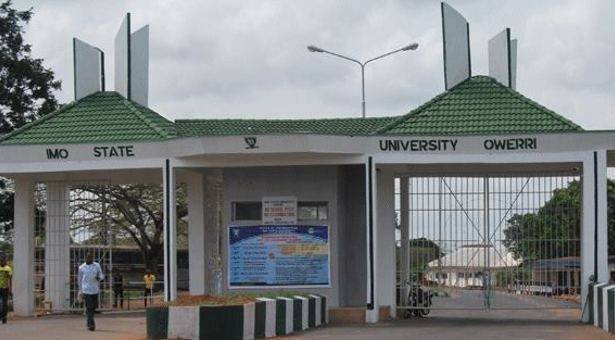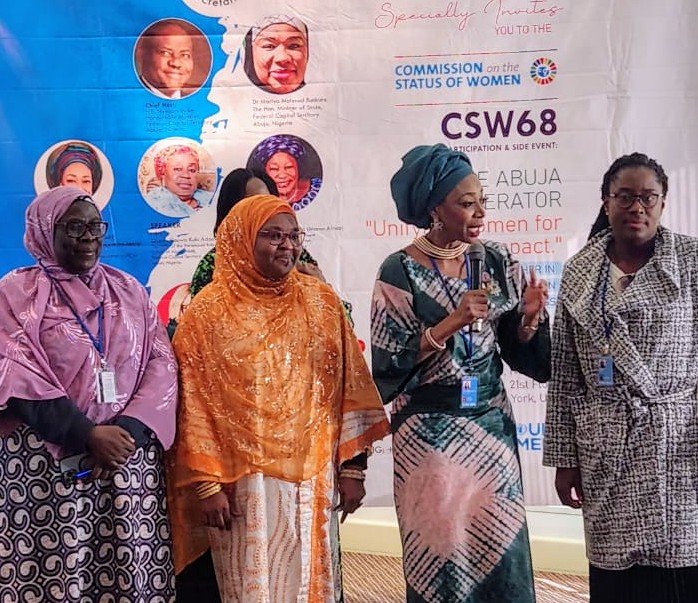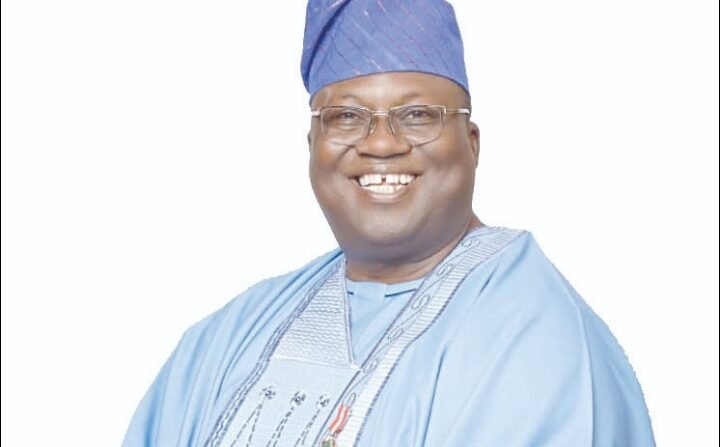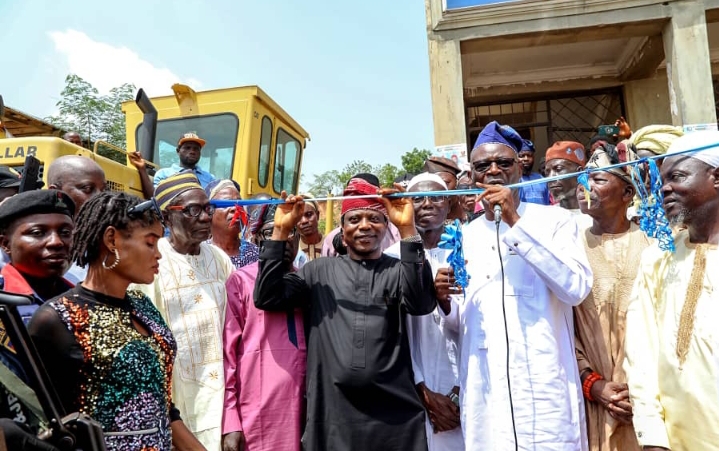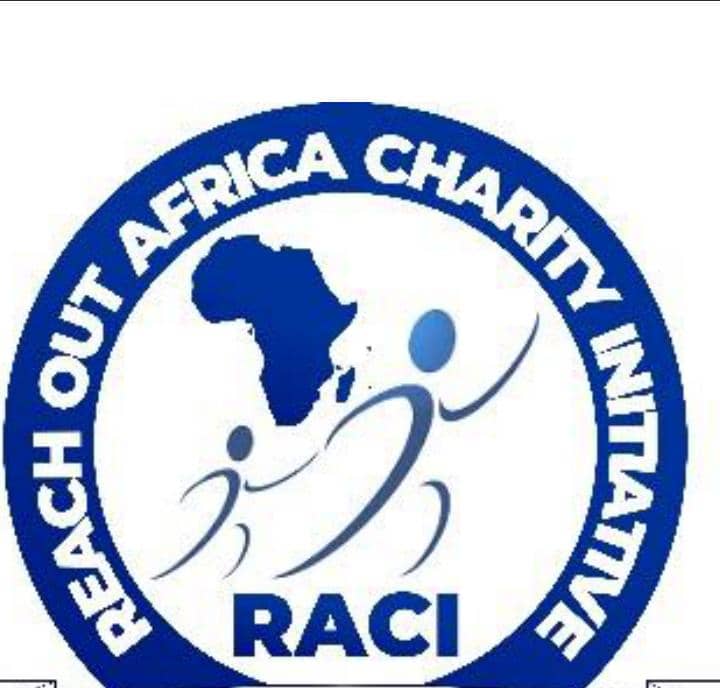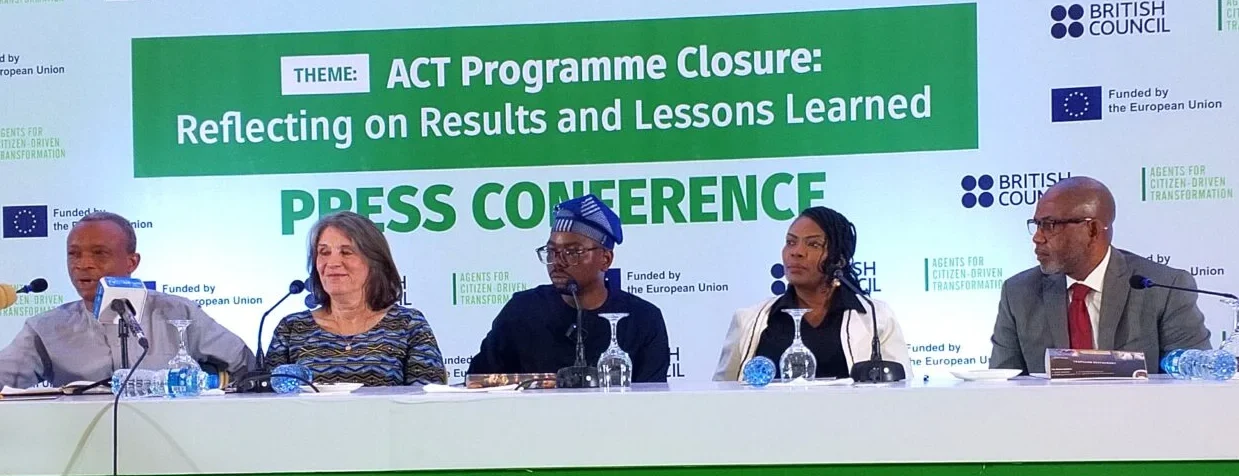Stakeholders harp on institutionalising research, innovation for national development
By Anita Uzoagba
The Research for Impact, Knowledge Economy and Sustainable Development (RIKE SD) and other stakeholders on Tuesday stressed the need to collaborate to institutionalise research, development and innovation for national development
The stakeholders made the call at the second Local Organising Committee (LOC) meeting of the National Research Development and Innovation (RDI) Coordination Submit in Abuja.
The Executive Director, RIKE SD, Dr Mustapha Popoola, at the LOC meeting said the summit would mainstream the use of research, development and innovation in bringing effectiveness and efficiency in delivery of the Federal Government programmes and project
Popoola appreciated the partnership with the West and Central African Research and Education Network (WACREN) and the support they have receive from Foreign, Commonwealth & Development Office (FCDO).
He said the conference, which would be organised by RIKE SD. would hold from March 25 to March 27.
“This summit is convened in response to the directives of President Bola Tinubu, on the need to institutionalise Science, Technology and Innovation and mainstream the use of Research, Development and Innovation.
“It will foster collaboration among state and non-state actors, creating a robust RDI ecosystem.
“We have a benefit that we are giving back to the government,”Popoola said.
Mr Omo Oaiya, Chief strategy officer, WACREN, said the summit would look at the importance of all the mandates and how to work together to make sure that Nigeria benefits from international funding.
“So, when we have opportunities for funding that are coming to the RDI space in Nigeria, we don’t want to be seen as a separated entity who are fighting to achieve the same opportunity but using different approach.
“What we are trying to achieve is to have a national steering committee for RBI coordination in Nigeria, which is going to be imagined from all your institutions.
“Whatever efforts we are going to be doing here today is in support of what the government is trying to do.
“We want to believe that we can co-create a sustainable and resilient system that will take Nigeria towards global competitiveness.
“It is a journey and we actually need to transform the country together by doing the needful, he said.
Speaking with LOC members, Dr Vincent Gyang, Nigerian Institute of Medical Research (NIMA) Yaba, Lagos, said the summit was part of a movement to help in the research field.
“There are test kits that we have. And we are developing now in NIMA, and we are at advanced stages now.
“It’s a test kit for Lassa fever, a test kit for yellow fever, so with this platform, we can also showcase what we are doing there.
“This will help the economy sector of the country,” Gyang said
Also speaking, Dr Robert Ngwu, Special Adviser Ministry of Innovation, Science and Technology said the ministry recognised the importance of structural and active architecture in Nigeria.
“When we took office, we discovered that there are many research works in a sharp language, I also believe that this is why we don’t get the kind of funding we should expect.
“The country is not seeing the impact of the research work around the country.
“We don’t have so much venture capital. The ministry feels that when it begin to build these pilots, it can begin to solve the function of venture capital.
“As a group, we are venturing into new research work that has already been done many years, so I believe the end result of this will be a full database of the research work around the country,” he said. (NAN) (www.nannews.ng)
AU/DE/IAA
==========
Edited by Dorcas Jonah/Isaac Aregbesola






